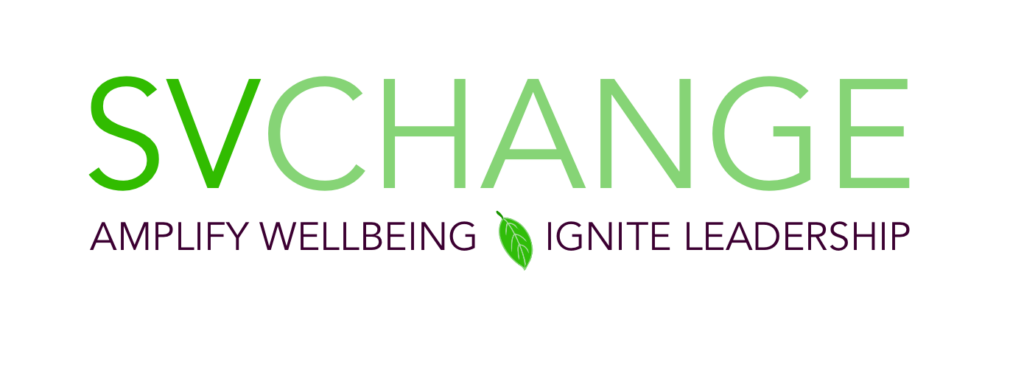
Have you ever paused to reflect on how much of your life is spent at work? It’s a staggering amount of time. And yet, despite the sheer number of hours, so many of us struggle to find true meaning in what we do. What if work wasn’t just something we endured but something that deeply energized us, enriched our communities, and challenged us to grow every day?
I recently had the honor of exploring this crucial topic with two remarkable experts, Tamara Myles and Wes Adams, co-authors of the forthcoming book, “Meaningful Work: How to Ignite Passion and Performance in Every Employee.” Our conversation dove deep into their groundbreaking research and offered practical, actionable steps every leader can adopt to transform their workplaces.

Meet the Authors
Tamara Myles is an inspiring thought leader and positive psychology researcher who applies her deep understanding of productivity and employee well-being to transform organizations. An adjunct professor at Boston College, Tamara is driven by her passion for helping individuals and teams achieve their greatest potential.
Wes Adams, CEO of SV Consulting Group, brings strategic insight into leadership development and organizational design. With a knack for merging practical business solutions with the human aspects of work, Wes has been pivotal in helping companies thrive by prioritizing meaningful work environments.
Both Tamara and Wes have conducted extensive research at the University of Pennsylvania, which underpins their insights into meaningful work.
Understanding Meaningful Work: The 3 C’s
At the heart of Tamara and Wes’s research lies a powerful framework known as the Three C’s—Community, Contribution, and Challenge. They propose that meaningful work isn’t a luxury; it’s essential for both individual well-being and organizational success.
- Community
The first pillar, community, refers to a workplace where individuals feel valued, can express their authentic selves, and belong to a shared set of values. When leaders intentionally cultivate a sense of belonging, they lay the groundwork for trust, collaboration, and innovation.
- Contribution
The second pillar, contribution, involves understanding and clearly communicating how each person’s work positively impacts others. Employees are more engaged when they see their tasks directly benefiting their team, customers, or wider community.
- Challenge
Finally, challenge is the drive for continuous growth and learning. It represents a balance—tasks shouldn’t be overwhelmingly stressful or monotonously easy, but rather should stretch an individual’s capabilities in meaningful ways.
Why Meaningful Work Matters More Than Money
One compelling finding from Tamara and Wes’s research reveals that 90% of employees prioritize meaningful work over monetary compensation. More remarkably, meaningful work has been shown to boost productivity by approximately $10,000 per year per employee. Clearly, fostering meaningful work isn’t just a nice-to-have; it’s a strategic imperative.
Actionable Steps for Leaders
Our conversation uncovered several practical ways leaders can bring the concept of meaningful work into reality:
- Foster Genuine Gratitude
Expressing authentic gratitude regularly can significantly impact your team’s sense of contribution and belonging. Tamara highlighted practices from organizations like KPMG and HubSpot, which have institutionalized gratitude into their cultures. Gratitude should be specific and intentional, directly linking an employee’s actions to meaningful outcomes.
- Clarify and Align Organizational Values
Wes emphasized the importance of aligning your leadership actions with your organization’s stated values. Employees closely watch how their leaders act, and consistency is vital for building trust. Transparent communication around decision-making helps employees understand how their work aligns with broader goals and values.
- Implement Continuous Feedback Loops
Meaningful work thrives in environments where feedback is regular, constructive, and supportive. Creating two-way communication channels allows leaders to understand their teams’ experiences better and adjust strategies to enhance community, contribution, and challenge.
- Spotlight Employee Growth and Development
Tamara stressed that every role, regardless of its nature, could provide meaningful challenge if leaders actively support employee growth. Encouraging professional development through training, mentorship, or cross-functional projects can significantly increase job satisfaction and performance.
- Celebrate the Wins—Big and Small
Leaders should regularly acknowledge and celebrate team and individual accomplishments. This recognition not only fuels motivation but also reinforces the understanding of each individual’s contribution to organizational success.

Transforming Your Workplace
Throughout our discussion, Tamara and Wes illustrated how the integration of the Three C’s could radically transform organizations. Employees become more passionate, engaged, and productive when their roles feel meaningful and aligned with their values.
It’s worth noting that creating meaningful work isn’t complex or costly. Often, the most impactful changes are small yet intentional—daily practices that anyone can adopt.
Final Thoughts
Our workplaces hold incredible potential to become spaces where people from diverse backgrounds collaborate and thrive. By focusing on community, clearly articulating each individual’s contribution, and continuously providing meaningful challenges, leaders can ignite passion and performance across their teams.
Tamara and Wes’s upcoming book, “Meaningful Work,” offers a comprehensive guide for leaders ready to embrace these powerful practices. For leaders everywhere, understanding and implementing the principles of meaningful work could very well be the key to unlocking unparalleled success.
Let’s start transforming work environments into hubs of meaningful connections and passionate, purposeful performance. It begins with small, intentional steps—starting today.










